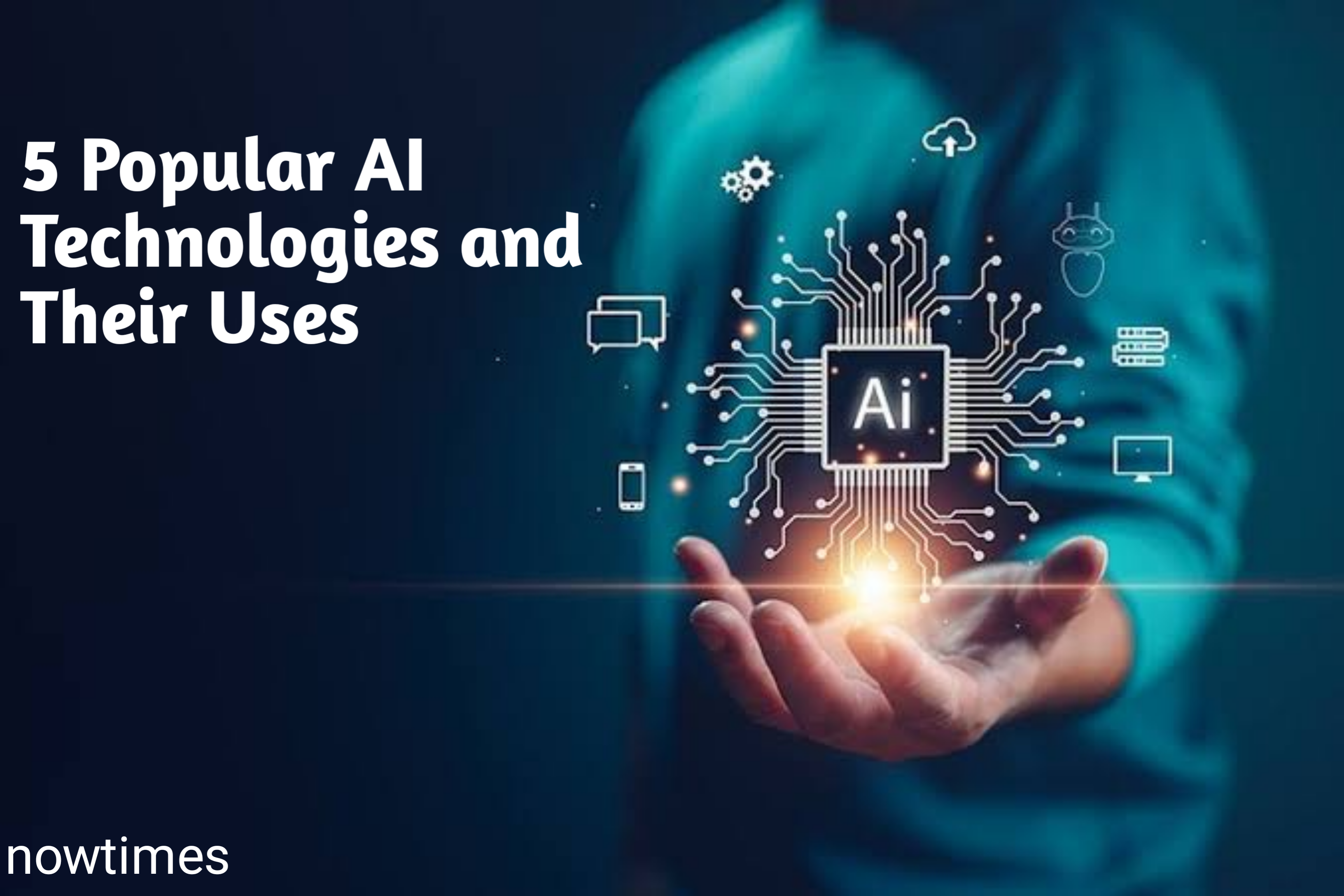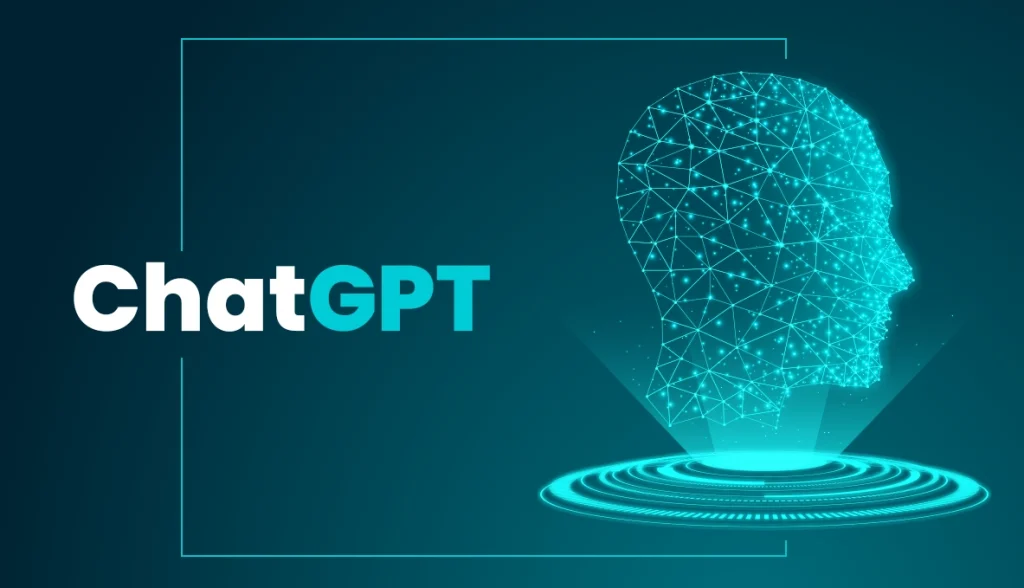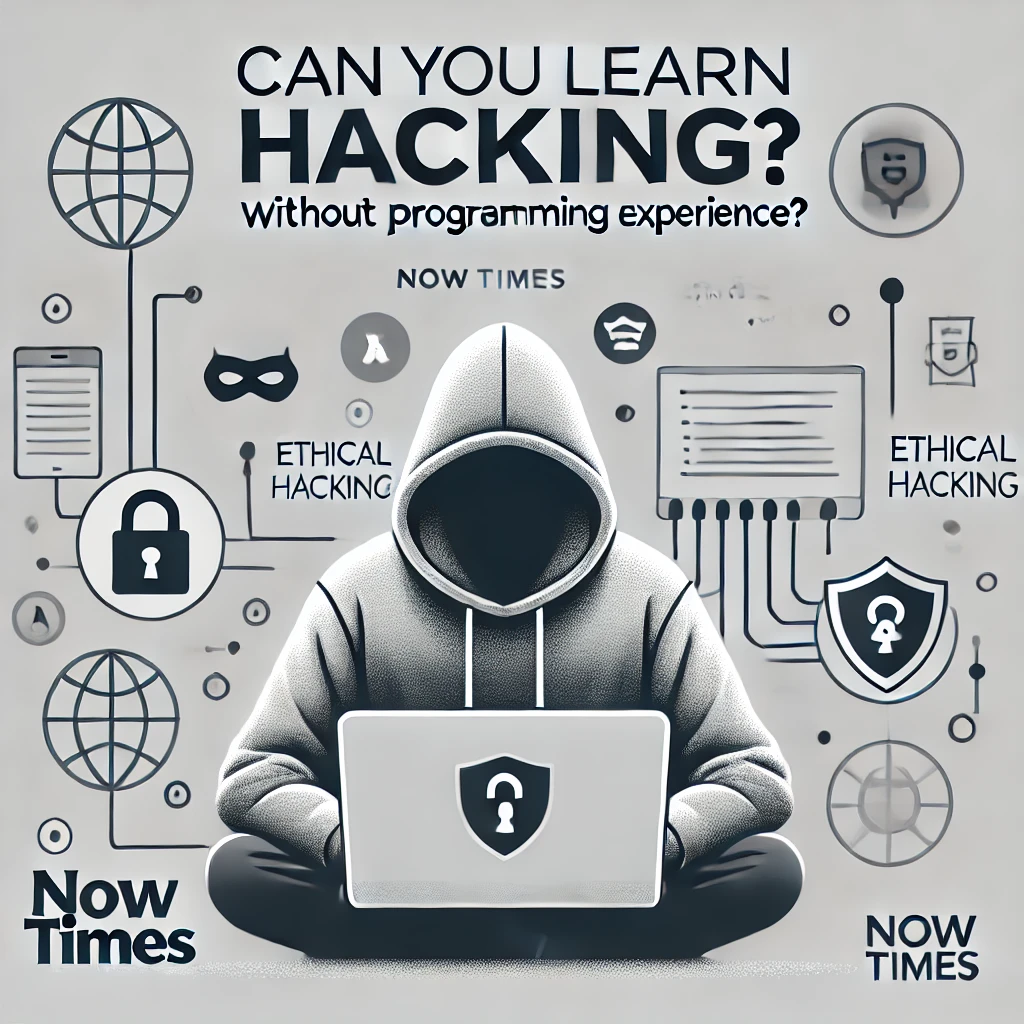Can AI Destroy Our Ability to Think?
AI refers to computer systems that can perform tasks typically requiring human intelligence, such as problem-solving,

Introduction
Artificial Intelligence (AI) is rapidly transforming our lives, changing the way we work, learn, and communicate. As AI systems become increasingly integrated into our daily routines, a question arises: can AI eventually destroy our ability to think independently? This article explores the potential impact of AI on human cognition, examining both the benefits and risks, and offers insights on how to maintain our critical thinking skills in the age of intelligent machines.
What Is Artificial Intelligence?
AI refers to computer systems that can perform tasks typically requiring human intelligence, such as problem-solving, language understanding, learning, and decision-making. Modern AI ranges from simple algorithms used in everyday applications to complex models like neural networks that power autonomous vehicles, virtual assistants, and data analysis tools.
The Rise of AI
Over the past decade, AI has evolved from basic automation to systems capable of deep learning and reasoning. Innovations in machine learning, natural language processing, and computer vision have enabled AI to assist in research, create art, and even drive cars. These advancements raise questions about the long-term effects of relying on AI for complex decision-making and creative thought.
How AI Enhances Human Thinking
Augmentation, Not Replacement
AI has the potential to serve as a powerful tool for augmenting human intelligence. By automating routine tasks, AI frees up time for creative and critical thinking. For example, AI can quickly analyze large datasets, summarize research articles, or provide recommendations based on vast amounts of information. This partnership between human intuition and machine efficiency can lead to significant breakthroughs in science, technology, and the arts.
Improving Access to Information
AI-driven platforms can democratize access to knowledge by providing personalized learning experiences. Educational tools powered by AI can adapt to individual learning styles, making it easier for people to understand complex subjects. In this way, AI contributes to lifelong learning and intellectual growth.
The Risks of Over-Reliance on AI
Reduced Cognitive Effort
One of the primary concerns is that over-reliance on AI may lead to a reduction in the cognitive effort we invest in problem-solving. If machines consistently perform tasks that require critical thinking, there is a risk that our own mental faculties may become underused. This phenomenon, sometimes referred to as "cognitive offloading," could potentially diminish our ability to process information independently.
Dependence and Skill Degradation
Relying heavily on AI for decision-making and analysis might lead to the gradual degradation of essential cognitive skills. For instance, if students always turn to AI for answers, they might not develop strong analytical and problem-solving abilities. Similarly, professionals who depend on AI tools without understanding the underlying processes may struggle to innovate or adapt when technology fails.
The Impact on Creativity
Creativity is fueled by the interplay between conscious thought and subconscious processing. While AI can generate ideas and even create art, it lacks the human capacity for emotional depth and experiential learning. Over time, constant exposure to machine-generated outputs could potentially limit the diversity of creative thought and lead to homogenization in art, literature, and scientific inquiry.
Can AI Destroy Our Ability to Think?
The short answer is: AI does not inherently destroy our ability to think, but it can influence how and when we think. The impact largely depends on how we integrate AI into our lives:
- As a Tool: When used appropriately, AI acts as an extension of our cognitive abilities. It can process information faster, identify patterns, and provide insights that augment our decision-making processes.
- As a Crutch: When overused or relied upon without critical oversight, AI can become a crutch that hampers our ability to develop and exercise independent thought. This scenario is most likely when individuals use AI to avoid challenging cognitive tasks or critical problem-solving.
Balancing AI Use with Critical Thinking
Education and Training
One way to counteract the potential negative effects of AI is through education. Encouraging critical thinking, problem-solving, and independent learning in educational systems is crucial. Schools, universities, and training programs should emphasize not only how to use AI but also how to question and verify its outputs.
Mindful Integration
Individuals can adopt a mindful approach to using AI. This means using AI tools as aids while continuing to engage in activities that require deep thinking and creativity. For example: - Critical Evaluation: Always review AI-generated outputs and compare them with independent research. - Skill Development: Regularly challenge yourself with puzzles, problem-solving exercises, and creative projects that do not rely solely on AI. - Balance: Use AI for routine tasks but reserve complex decision-making and creative endeavors for human effort.
Innovation Through Collaboration
The future of AI is not a battle between machines and human intellect, but rather a collaboration. By combining the strengths of AI—speed, efficiency, and data processing—with human creativity, empathy, and ethical reasoning, we can achieve outcomes that neither could accomplish alone.
The Future of Human Thinking in the Age of AI
The evolution of AI poses important questions about our future cognitive abilities. While the risk of diminished thinking skills is real, proactive measures in education, responsible AI use, and continuous learning can mitigate these risks. The challenge lies in harnessing AI's power without surrendering our ability to think independently.
Embracing Lifelong Learning
In the coming years, as AI continues to advance, lifelong learning will become even more crucial. Staying curious, questioning AI outputs, and engaging in activities that stimulate the mind will help ensure that our cognitive skills remain sharp.
The Role of Policy and Ethics
Governments, educational institutions, and industry leaders have a role in shaping how AI is integrated into society. Ethical guidelines, policies, and frameworks can ensure that AI is used to enhance, rather than replace, human thought and creativity.
Conclusion
AI is a transformative technology that offers enormous benefits, from speeding up tasks to enabling innovative solutions. However, there is a valid concern that over-reliance on AI could lead to a decline in our independent thinking and creativity. The key to a successful future lies in balancing the use of AI with efforts to cultivate and maintain our cognitive skills.
By embracing a mindset of continuous learning and critical evaluation, we can ensure that AI serves as a powerful tool for enhancement rather than a crutch that diminishes our natural abilities. In this way, we can look forward to a future where technology and human intellect work hand in hand to drive progress and innovation.
Now Times is committed to exploring these topics in depth, ensuring you stay informed about the latest in technology and its impact on our lives.
This article is for educational purposes only and does not serve as a substitute for professional advice.
Leave a Comment
Releted Articles

5 Popular AI Technologies and Their Uses
Artificial Intelligence (AI) is now a big part of daily life and different industries.

New Features in ChatGPT After DeepSeek Release: What You Need to Know
ChatGPT has received exciting updates following the release of DeepSeek, a new technology designed to improve





1 comments
manabb
March 6, 20251 replies manabb